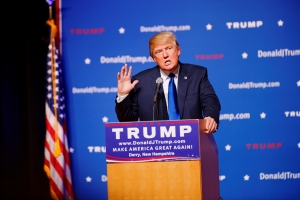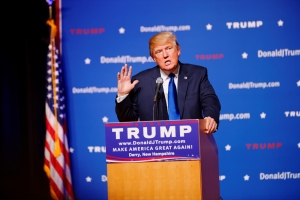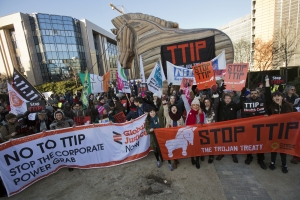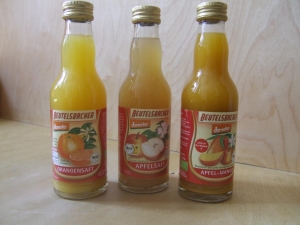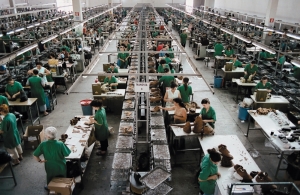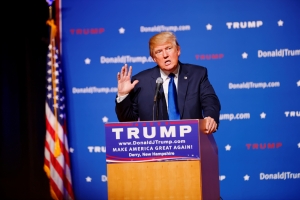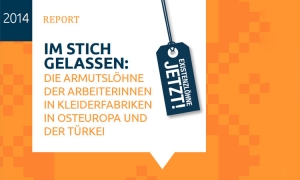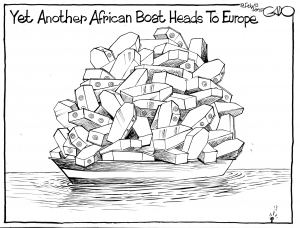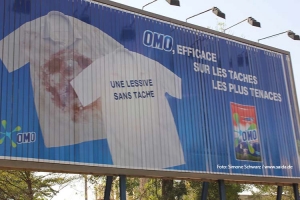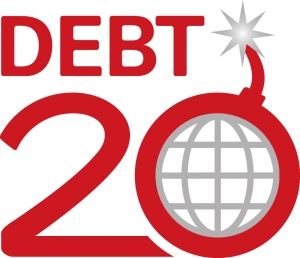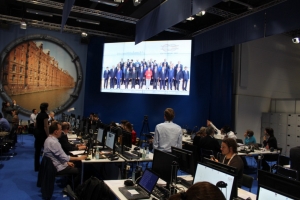US Benefits
In June 2013 President Obama released a statement to Congress explaining the TTIP agreement and a detailed review was sent out by the White House Press Office titled, “U.S. Objectives, U.S. Benefits In the Transatlantic Trade and Investment Partnership: A Detailed View” 3. In particular, the US would greatly benefit from the termination of tariffs on American agricultural products, electronic technology, and apparel. For example, the office of the US Trade Representative stated that American agricultural exports reached an all time high in 2013 in excess of $145 billion; yet because of the high EU tariffs imposed on American products only about 6% of the total value of US agricultural exports was actually sent to the EU. Furthermore, while American apple-growers have to pay at least a 7% tax on exports to the EU, European competitors pay no shipping duties to the US. Under the TTIP, furthermore, American filmmakers and software designers would be allowed to sell movies, music, and video games to Europe without customs fees. Purchasers in the EU could buy CDs and DVDs with an electronic signature instead of a hard copy, which makes paying easier and more efficient for both the customer and the distributor. Finally, with the end of EU tariffs, clothing retailers could sell fabric and apparel manufactured in the US overseas while getting rid of substandard textiles from third party countries. These are just a few of the examples highlighted in President Obama’s address to Congress.
The Bertelsmann Foundation in the US published a report analyzing the state-by-state income generation that could potentially result from the TTIP. They estimated that the per capita gains would be around 13.4% and, overall, the US would gain a net employment of around 750,000 jobs4. In particular, the report mentioned that states such as California, Texas, New York and Florida, which already have the largest economies in the US, would have huge employment gains. Implementing the TTIPP would expand job availability; it is suggested that one out of every 160 jobs would be as result of the trade agreement. States would benefit directly from heightened industrial growth and a lessened pressure for the price of goods and services. The report cites two areas that would see increased exports; the first would be manufactured products. On average, the TIPP would boost metal exports in seven states and chemical exports in 13 states. The second area that would feel the effects is the auto sector, which would expand the value of exports by 95% in at least 19 states.
Public Opinion
While a majority of Americans remain uninformed about the TTIP and its potential impact, statistics show more opposition than support. One issue for both the European and American public is the fact that deliberations over the TTIP took place in complete secrecy – something that has generated great concern. People are worried that government officials and corporate stakeholders will have total freedom to establish conditions that are in their own best interests while ignoring those of the public. According to Statista, an online database in the US, polls showed that areas of economic growth, global influence and cultural diversity would benefit the most from the TTIP (see figure 1). On the other hand, employment and labor market conditions, worker’s rights, and regulatory sovereignty would suffer. In general, most people responded that they did not have enough information to answer. Likewise, the second chart compares the public opinions of the US and Germany; 46% of Americans responded that they did not have enough information, compared to a 30% response from Germans. It is important to recognize that there were only about 1,126 US respondents and 2,019 German respondents for this particular survey, a sample size that does not necessarily represent general sentiment towards the TTIP. However, it is clear that the US is characterized by a lack of discourse surrounding this topic while it is highly debated in Germany.
Protecting American Interests
In an article opposing the TTIP in the US, three main fears were articulated: reduced access to affordable energy, the end of “buy American” clauses, and lower financial regulations5. The US enjoys the relatively low cost of energy because of the boom in shale gas production. Instead of exporting the surplus to trading partners across the Atlantic (due to embargos caused by the 1973 OPEC oil crisis), American industries enjoy a large monopoly over energy reserves. However, with the enactment of the TTIP, the US would be faced with two choices: export the surplus, increasing the prices at home for the consumer or open the petroleum field in Europe, giving them equal opportunities. Having more competition creates uncertainty in the US, as many citizens already fear that such a scenario could cause a cut in wages and job options instead of increasing them.
“Buy American” clauses protect US industry and its workforce by allowing the government to favor American products – a technique that has put European counterparts at a disadvantage. Opening up trade with the European Union would remove this type of protection clause and increase competition, placing the American worker at a greater disadvantage. Despite the fact that nearly a decade has passed since the financial crisis of 2008, the average American is still recovering from its repercussions. To avoid another economic disaster, the government created regulations, such as the Dodd-Frank Act of 2010, to prevent insecure transactions and mollify unstable markets. One concern for many in the financial sector is how the TTIP will affect fiscal banking and whether settlements will lead to weakened reforms.
Another argument against the TTIP taken from a different point of view is best expressed by Paul Craig Roberts, an economist and journalist, who wrote an article titled “TTIP: American Economic Imperialism.” He states that transatlantic partnerships are “tools of US financial imperialism” and “give the American companies economic hegemony over the countries that sign the agreements.6” Mr. Roberts explains that opening the deal would lead to devastating results for producers in Europe and that the US is pushing strongly for lower protection of the EU. For example, if a European government were to refuse US products because of health or safety regulations, the TTIP would allow American corporations to sue for loss of profits. Many Europeans are extremely worried about the invasion of genetically modified organisms (GMO) and lowered production regulations.
Conclusion
Clearly, the issue for both sides is complex and compelling arguments can be made for and against the TTIP from both the American and European perspective. Perhaps the guiding measure should be who actually benefits and how will those benefits be distributed if at all? With the Obama administration coming to an end, it appears that both the US and German governments are eager to push the deal through, making it an economic reality—for better or worse—for subsequent administrations to grapple with.
1Transatlantic Trade and Investment Partnership: The Economic Analysis Explained. (2013 September). Retrieved June 13, 2016, from http://trade.ec.europa.eu/doclib/docs/2013/september/tradoc_151787.pdf
2Selling the Trans-Atlantic Trade Deal. (2016, May 02). Retrieved June 13, 2016, from http://www.nytimes.com/2016/05/03/opinion/selling-the-trans-atlantic-trade-deal.html?_r=0
3U.S. Objectives, U.S. Benefits In the Transatlantic Trade and Investment Partnership: A Detailed View | United States Trade Representative. (2016). Retrieved June 13, 2016, from https://ustr.gov/about-us/policy-offices/press-office/press-releases/2014/March/US-Objectives-US-Benefits-In-the-TTIP-a-Detailed-View
4TTIP and the Fifty States: Job and Growth from Coast to Coast (2013, September). Retrieved, June 13, 2016, from https://www.gov.uk/government/uploads/system/uploads/attachment_data/file/245085/TTIP_and_the_50_States_GovUK.pdf
5Top 3 Reasons Why US Should Oppose TTIP (2014, April 1). Retrieved June 13, 2016, from http://www.atlantic-community.org/-/top-3-reasons-why-us-should-oppose-ttip
6TTIP – American Economic Imperialism (2016, May 3). Retrieved June 13, 2016, fromhttp://www.paulcraigroberts.org/2016/05/03/ttip-american-economic-imperialism-paul-craig-roberts/











